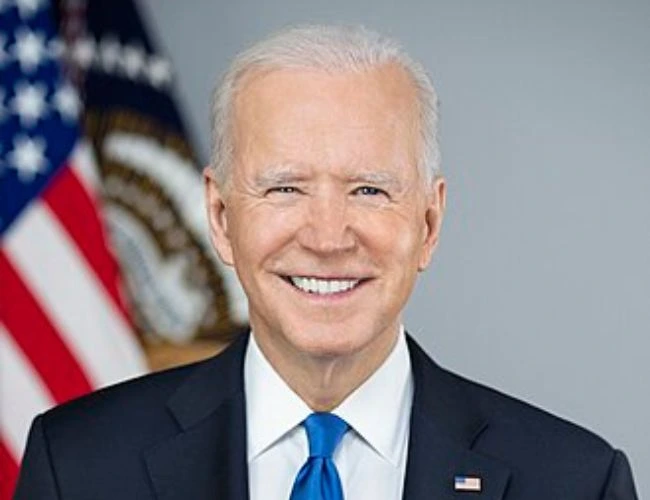In a significant move just days before President-elect Donald Trump assumes office, President Joe Biden’s administration announced an extension of Temporary Protected Status (TPS) for approximately 600,000 Venezuelans and more than 230,000 Salvadorans already residing in the United States. This 18-month extension will allow these individuals to continue living and working legally in the U.S., providing a temporary reprieve amidst Trump’s stated plans for strict immigration policies.
The Department of Homeland Security (DHS) also renewed TPS for over 103,000 Ukrainians and 1,900 Sudanese, underscoring the administration’s focus on humanitarian considerations. These extensions offer hope and stability for families fearing deportation, but the future of TPS remains uncertain under an incoming administration poised to adopt a hardline stance on immigration.
For José Palma, a 48-year-old Salvadoran living in Houston since 1998, the extension represents a lifeline. As the sole TPS recipient in his family, Palma relies on his status to work legally and support his household. His wife is a permanent resident, and his four children are U.S. citizens. Without TPS, Palma faced the devastating prospect of separation from his family.
“This decision brings me peace of mind and stability,” said Palma, who works as an organizer for a day laborer organization. He also sends $400 monthly to support his 73-year-old mother in El Salvador.
However, TPS offers no pathway to permanent residency or citizenship, leaving beneficiaries dependent on government renewals. Critics argue that the periodic extensions have made the program function like a de facto long-term residency status, often disconnected from conditions in recipients’ home countries.
The Biden administration’s decision reflects ongoing crises in Venezuela and El Salvador. DHS cited Venezuela’s severe humanitarian emergency caused by economic collapse and political turmoil under Nicolás Maduro’s regime. Meanwhile, El Salvador’s extension was attributed to persistent environmental challenges, including heavy rains and storms over the past two years, which have rendered safe return difficult.
TPS, established by Congress in 1990, was designed to protect individuals from countries affected by natural disasters or civil unrest. It grants work authorization in increments of up to 18 months, with renewals based on evolving conditions in the country of origin. Currently, about 1 million individuals from 17 countries, including Haiti, Honduras, Afghanistan, and Lebanon, benefit from TPS. Venezuelans form one of the largest recipient groups, with the new extension running from April 2025 to October 2026.
For Salvadorans, TPS was initially granted after a devastating earthquake in 2001. This latest renewal extends their status until September 9, 2026, averting an expiration previously set for March.
The announcement comes as Trump and Vice President-elect JD Vance signal intentions to reduce TPS designations and expand mass deportations. During Trump’s previous administration, he attempted to terminate TPS for Salvadorans, a move blocked by the courts. Advocates fear a similar approach in the new term.
“This extension is a temporary victory,” said Felipe Arnoldo Díaz of the National TPS Alliance. “Our concern is for other countries whose TPS statuses are expiring soon, like Nepal, Nicaragua, and Honduras.”
Activists have ramped up efforts to urge Biden to protect more individuals under TPS, including those from Guatemala and Ecuador. They argue that ongoing political and environmental challenges justify broader protections.
For many TPS beneficiaries, the extension is a profound relief. Victor Macedo, a 40-year-old Venezuelan who fled his home country in 2021 after receiving death threats for his political activism, expressed gratitude for the renewed status.
“I couldn’t believe it,” said Macedo, who works in house remodelling in Davie, Florida. “TPS helps me live with legal status, work, and drive. I was very afraid before this announcement.”
While the extension has provided a temporary reprieve for individuals like Palma and Macedo, uncertainty looms over the future of TPS under a Trump administration. With an increasingly polarized immigration landscape, the lives of hundreds of thousands remain in the balance, hinging on policy shifts in the coming months.
The Biden administration’s support for TPS has expanded protections to over 1 million individuals, but the program remains contentious. As the political climate shifts, beneficiaries and advocates are bracing for potential challenges, even as they celebrate the momentary stability provided by these extensions.
For now, the extension represents a critical step toward safeguarding vulnerable populations, even as questions about the program’s permanence and scope persist.





